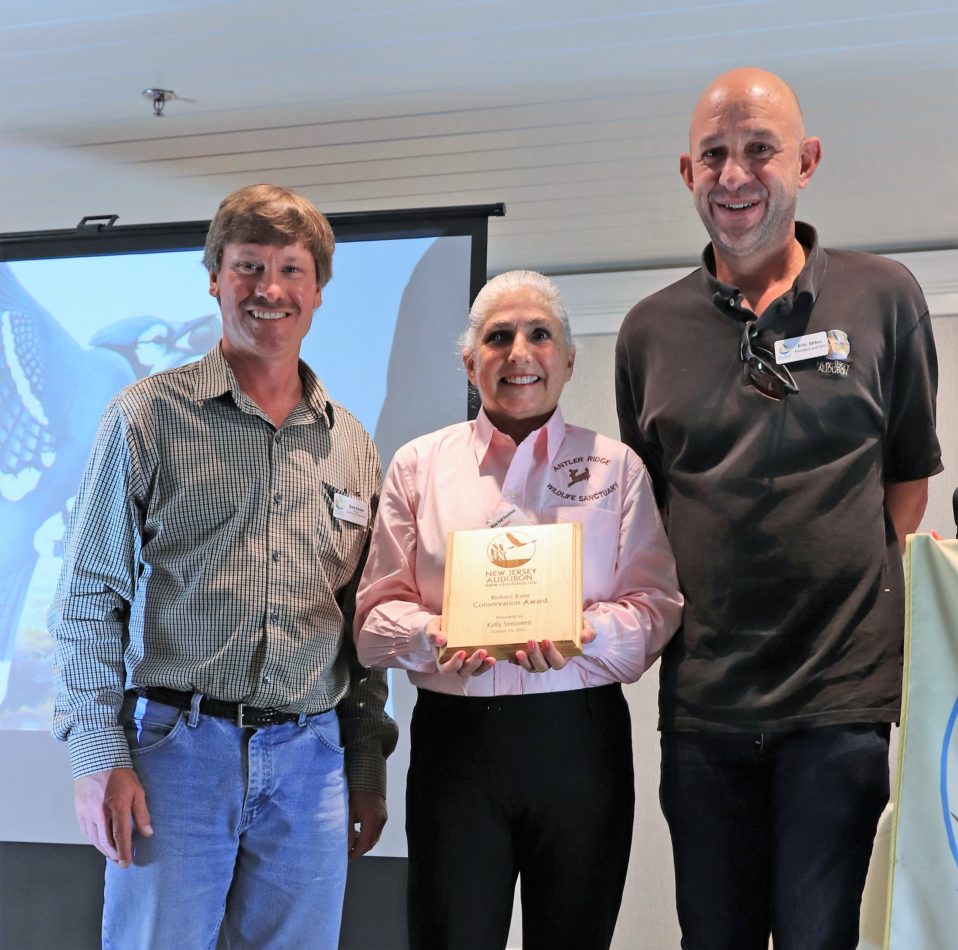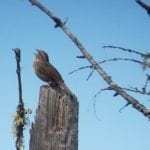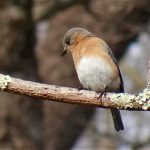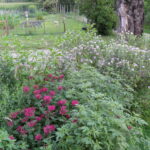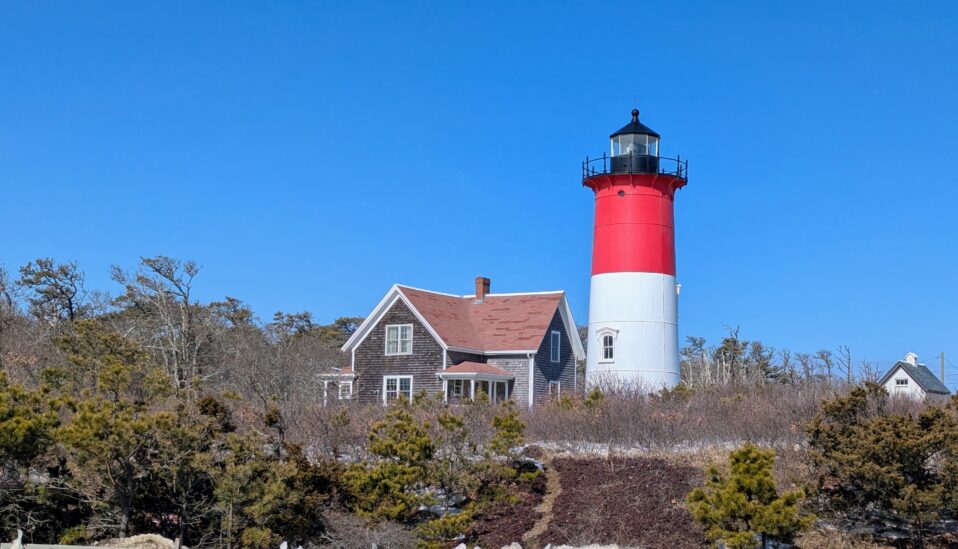Brad Ewald, Kelly Simonetti and Eric Stiles
Richard Kane Conservation Award
Named for NJ Audubon’s retired vice president for Conservation this award is bestowed annually upon those whose achievements exemplify the profound positive impact local citizens can have in working together to safeguard our natural heritage for future generations.
Congratulations Kelly Simonetti recipient of the 2021 Rich Kane Conservation Award
With over 20 years of wildlife rehabilitation and conservation experience, Kelly Simonetti of Antler Ridge Wildlife Sanctuary actively educates her community about their local ecosystems, fostering an appreciation for the wildlife they share it with. Not only does she mentor aspiring wildlife rehabilitators, veterinary interns and wildlife conservation and biology students, inspiring a pursuit of excellence in their fledgling career journeys but she incorporates many of the New Jersey Audubon mission goals into her tutelage. Through her guidance, the students, volunteers and other receive hands-on training for administering care to distressed wildlife patients as well as learning how to educate others on the importance of wildlife conservation.
In 1999, Simonetti, a retired oncology nurse volunteering at St. Hubert’s Animal Shelter, recognized the severe need for wildlife rehabilitation services in New Jersey. In 2003 she became a licensed New Jersey wildlife rehabilitator and began treating afflicted wildlife patients in her garage. As the need grew to help wildlife in her area, her dream of helping wildlife evolved to establishing Antler Ridge Wildlife Sanctuary (ARWS), a 501(c)3 wildlife rehabilitation center. ARWS is now a 100% volunteer-run nonprofit receiving no state or federal funding, relying solely on support from volunteers and donations from her community. With her team of 75 inspired and dedicated volunteers, all funds go directly towards the care of thousands of wildlife patients each year.
In 2020 Simonetti rehabilitated 16 injured bobcats, which are on New Jersey’s threatened and endangered species list. This is a remarkable milestone, as on average only 2-3 bobcats survive rehabilitation each year. Under her meticulous care, all 16 bobcats were stabilized and released back into the New Jersey wilderness.
An advocate of New Jersey environmental conservation efforts, Simonetti works in tandem with the New Jersey Audubon Society, Tree Farm Stewardship and Ridge & Valley Conservancy. In 2011, Simonetti partnered with the US Fish and Wildlife Service through their Partners for Fish and Wildlife Program to establish 10 acres of native grasslands on the property to benefit grassland dependent wildlife, as well as pollinators. In 2013, she enrolled 10 additional acres of her property in the USDA- Natural Resource Conservation Service (NRCS) Environmental Quality Incentive Program to improve soil health and water quality on the property (thus helping to improve ecological services for the region). Additionally, in 2019 she entered into the Working Lands for Wildlife Program sponsored by the USDA-NRCS by developing a Forest Stewardship Plan for her entire property (112 acres) and then began implementation by restoring critical forest habitat on her property for the rare Golden-winged Warbler and other young forest species. She is currently working with NJA, NRCS, NJDFW and Dr. Jeff Larkin on monitoring the cutts for avian response both diversity and abundance. Having undergone significant population declines in the Appalachian region, this conservation effort assists the Golden-winged Warbler and other threatened, endangered and at-risk wildlife species with migration and habitat, and the goal of recovery for thriving populations.
In addition, the ecological forest management performed by Simonetti on her property addresses non-native invasive plant controls, increases native biodiversity and maintains a more balance age-class and diverse forest. By doing this, the diversity of trees in her forest provides resiliency and a carbon defense strategy to help mitigate climate change issues. Through working closely with NJ Audubon staff over the past 11 years Antler Ridge Wildlife Sanctuary has become a model for conservation that considers entire ecosystem functionality and species concerns.




